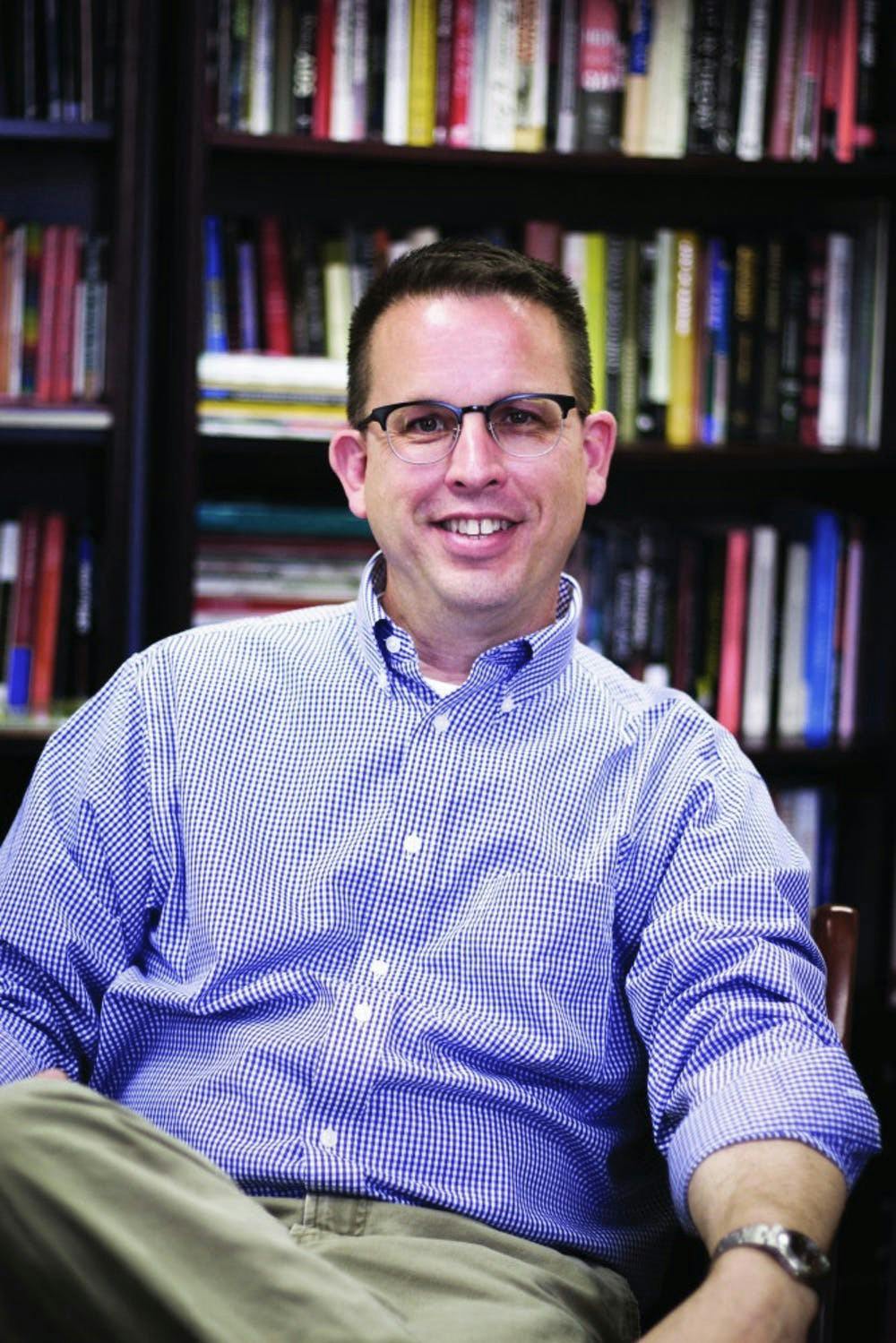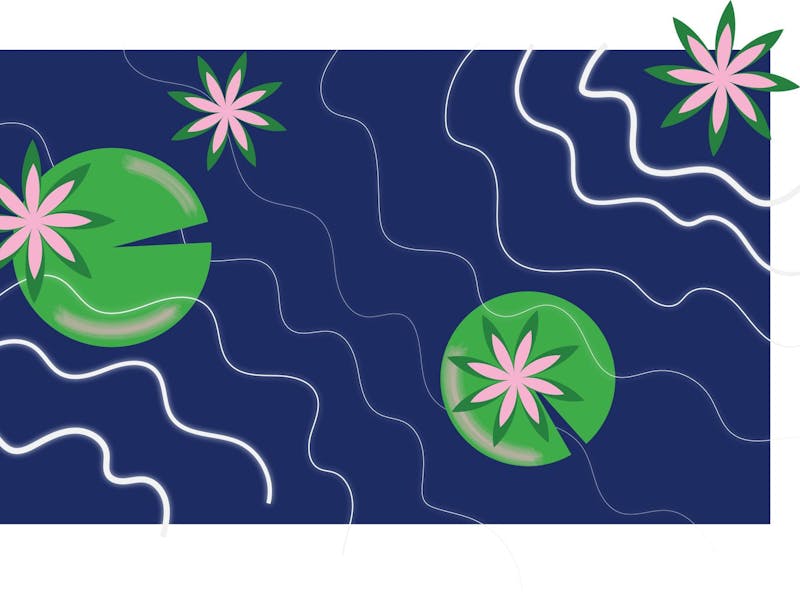Fake parking tickets, sidewalk pavement, public buses. These are just a few places Ed Madden has inserted poetry as Columbia’s poet laureate. He has two main goals: to make poetry a public art and to promote the voices of local writers.
Years ago, Cindi Boiter, the Executive Director of The Jasper Project and a close friend of Madden’s, first introduced the idea of creating the position of a poet laureate in Columbia. The position is an honorary role given to a person appointed by the city council, that they might promote literature and the arts within the city.
“Columbia is a writers’ town,” Boiter said. “It is a town for writers and a lot of people just don’t know that.”
In 2015, Ed Madden became the city’s first poet laureate by unanimous vote. He is currently completing his second term.
Although the COVID-19 pandemic has changed some of his recent plans, his work has already set a precedent for laureates to come. A favorite project thus far? Parking ticket poems.
In April of 2017, at the start of National Poetry Month, Madden collaborated with six poets from all over the state and asked them for poems about parking and cars. Lee Snelgrove, the director of One Columbia for Arts and Culture created perfect replica parking tickets — with a catch. Rather than an unwelcome fine, these parking tickets featured a poem.
“We blanketed downtown with 2,500 fake parking tickets,” Madden said. “Some people were angry when they saw that they got a ticket, of course. But then when they saw what it was they loved it.”
Snelgrove has assisted Madden in other similar projects, including the rain poems that decorated Columbia’s sidewalks, revealing poetry whenever the pavement was wet. Snelgrove said that his favorite part about these kinds of public projects is engaging with people on the street who weren’t expecting to encounter art on their daily commute.
Madden aims to use poetry to disrupt — to get people paying attention to the arts and make people think about things they might not otherwise consider. He wants to express who Columbia is and understand who Columbia is.
“The people that live and work here are entitled to participate in the culture of this city,” Snelgrove said. That philosophy, in Snelgrove’s opinion, plays directly into the role of the poet laureate.
Boiter also considers art an integral way of processing culture. She said that Ed manages to identify the poet within people who didn’t realize they had the magic of poetry within themselves, offering them avenues to actualize their talents and gifts. His work in occasional poetry, or poems for special events, embeds art into posterity.
“His ability to identify common threads in humanity, I think is one of his greatest superpowers,” Boiter said.
According to Boiter, Madden was the obvious choice for the role of poet laureate because of his history of community engagement and because of how approachable his work is.
“I think he has humanized poetry,” Boiter said. “He has demystified what poetry is and made it more of a common person’s endeavor.”
Madden’s time as poet laureate comes to an end in 2022, but his work will likely continue to impact the future of Columbia’s poetry scene.
In addition to serving as poet laureate, Madden teaches English at UofSC and acts as poetry editor for Jasper Magazine, Fall Lines and Muddy Ford Press. He has also authored multiple books of poetry.
For now, Madden is working on an online map using poems to describe different parts of the city. “The idea is that we’re building a map of the city, but a map made of stories and poems of people who live here,” Madden said.
Madden said he hopes to have the map in a functional form sometime this spring.
Until then, keep your eyes peeled. You may find art in unexpected places.



